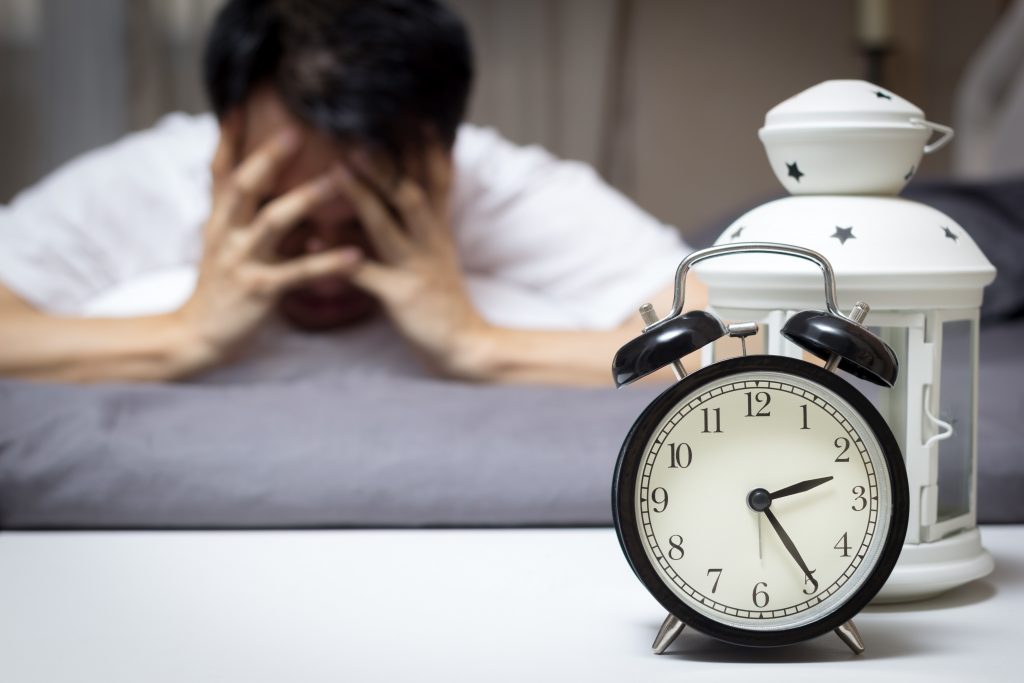Can Receiving Sleep Apnea Treatment Help Me Lose Weight?
January 7, 2020

It seems that there’s always a new fad that appears online. One of the latest topics trending involves sleep apnea treatment being associated with weight loss. Because the new year is getting underway and you may be eager to drop a few pounds, a local dentist weighs in to clear up any confusion so you can know what to expect from any sleep breathing treatment you may undergo.
What is Sleep Apnea?
Sleep apnea is a serious condition that causes temporary lapses in the flow of oxygen while you slumber. The most common form of the condition is obstructive sleep apnea (OSA), which refers to a partial blockage of the airway. With each pause in your breathing, your brain sends a distress signal that triggers you to awaken.
The purpose of treating OSA is to keep your throat open while you sleep to prevent any bouts of apnea, so you can have a more productive night of rest. The most common way of treating the condition is with a CPAP machine, which consists of a base unit that’s connected to a mask via a tube. Another way to treat OSA is with an oral sleep appliance that’s custom designed by a dentist. It works by shifting your jaw forward while you sleep to keep your throat open.
Does Sleep Apnea Treatment Encourage Weight Loss?
It’s a known fact that untreated sleep apnea can contribute to obesity. This is partly due to the oxygen desaturation that it causes. Therefore, when the sleep breathing disorder is properly treated, it’s possible to experience some weight loss. However, OSA treatment should not be considered as a direct method for shedding any significant poundage.
The Importance of Your Food Intake
If you’re looking to drop some weight while improving your sleep, then the types of foods you consume play a significant role in the process. Not only will making the right dietary choices help to trim your waistline, but it will also aid in your recovery from OSA, since the condition is exacerbated by increased neck girth due to weight gain.
Here are some helpful tips to keep in mind:
- Limit your consumption of processed foods.
- Incorporate more fruits and vegetables into your diet.
- Drink at least half your weight in ounces of water. For example, a 200-pound person would need to drink at least 100 ounces of water daily.
- Stop eating at least an hour before retiring for bed, so that your body isn’t forced to process food while you’re attempting to rest.
By seeking the help of a local professional and making the appropriate lifestyle changes, you can tackle both sleep apnea and weight loss, and get on track to leading a more productive and happier life!
About the Author
Dr. J. Peter St. Clair is a graduate of Tufts University School of Dental Medicine. With over twenty years of experience, he provides comprehensive and compassionate dental care. Dr. St. Clair helps his patients rest better and recover from sleep apnea at his private practice, and he can be reached for more information through his website.
No Comments
No comments yet.
RSS feed for comments on this post.
Sorry, the comment form is closed at this time.







